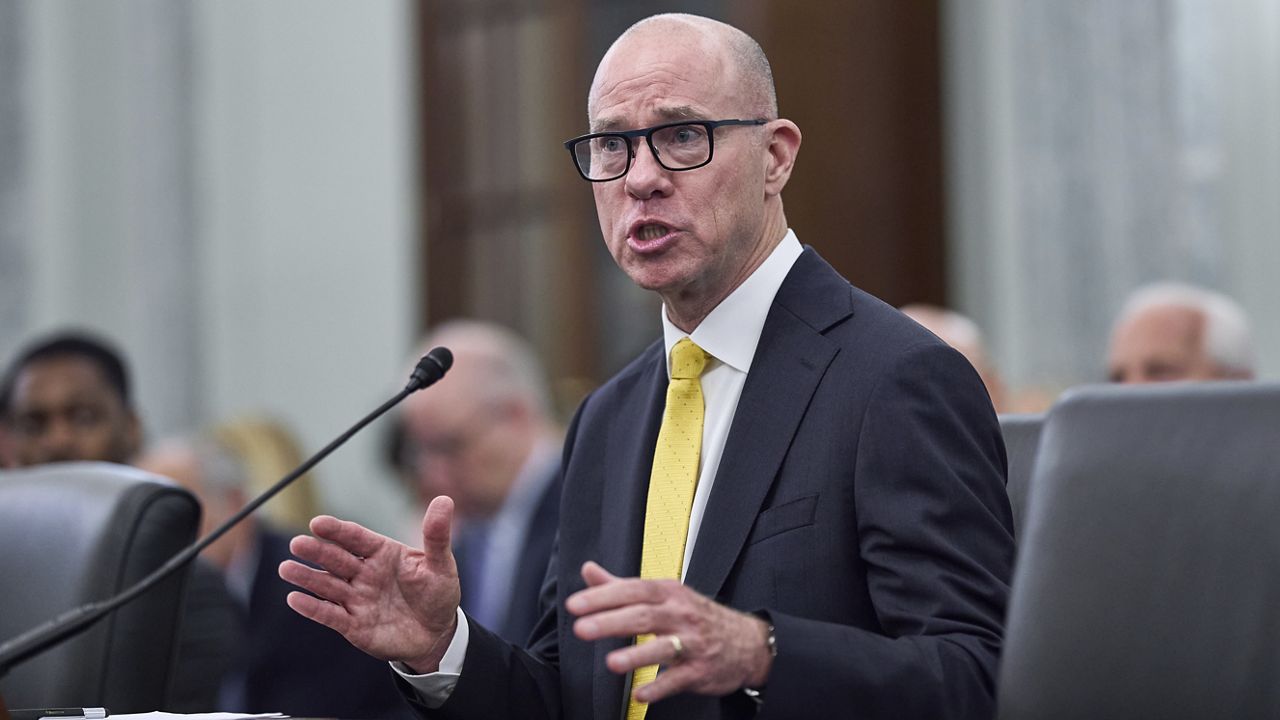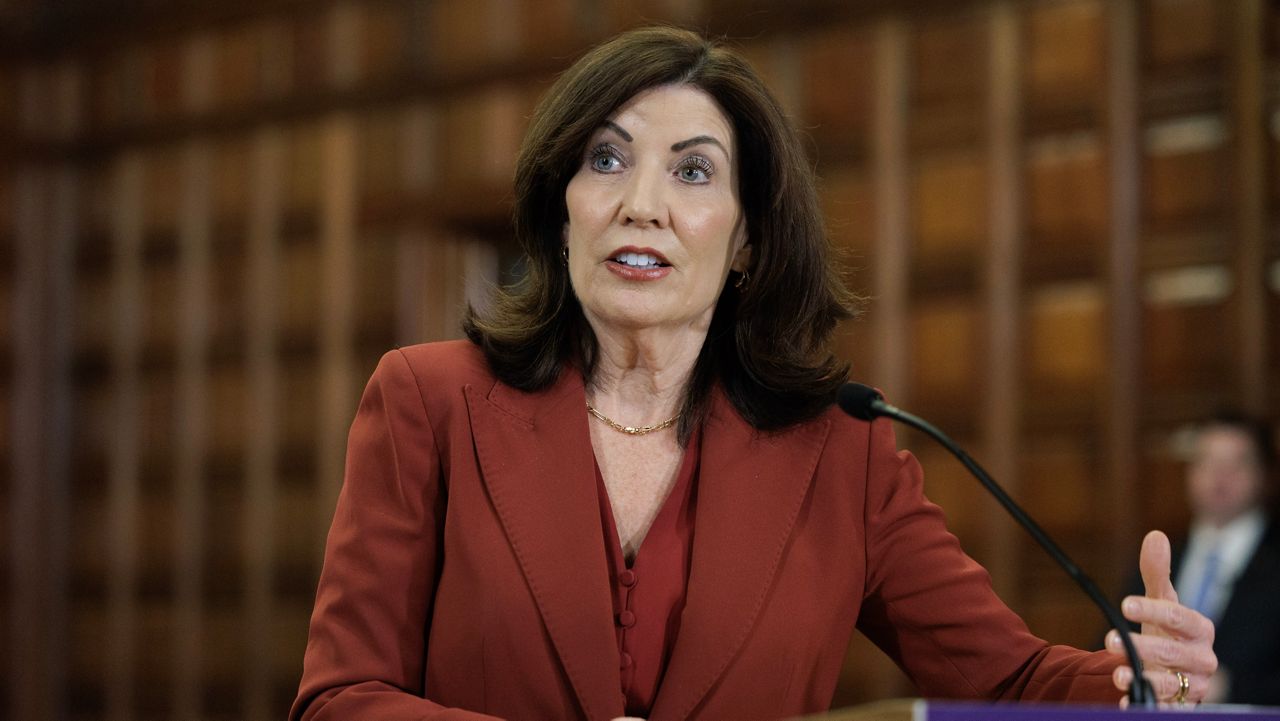Rowan Wilson was confirmed as the next chief judge of New York on Tuesday, the first time a Black judge will lead the Court of Appeals and state's sprawling court system.
Wilson was confirmed 40-19 on a party-line vote in the Democratic-dominated state Senate. Democrats have praised Wilson's resume and his jurisprudance. Republicans, however, criticized him for being too far to the left to lead the court.
Wilson was the second nomination by Gov. Kathy Hochul to lead the Court of Appeals, New York state's highest court. Hochul in late December initially nominated Justice Hector LaSalle to lead the court, but his nomination was rejected in an unprecedented vote by the state Senate amid opposition from labor unions and progressive advocates.
"Judge Rowan Wilson is a highly qualified jurist with a keen sense of fairness and a deep commitment to justice," Hochul said. "Throughout his tenure on the bench, he has proven himself to be a thoughtful leader who recognizes the power of the judiciary to impact the lives of all New Yorkers."
Wilson has had a smoother path to the nomination this time around.
"Even when you don't always agreee with his holdings, Judge Wilson will change the way you think about a legal issue," said Senate Judiciary Committee Chairman Brad Hoylman-Sigal.
But Republicans took a different view of Wilson's qualifications for the court. Senate Minority Leader Robert Ortt on Tuesday prior to the full floor vote for Wilson accused Democrats of trying to overhaul the court by tilting it to the left.
Republicans also criticized Wilson's prior rulings, including in a rape case that centered over speedy trial concerns.
"They made it very clear they wanted an activist court," Ortt said. "They got it in Rowan Wilson."
Wilson was considered a far more paltable nominee for Democrats and progressives than LaSalle, giving him a relatively quick glidepath to take over a job that has been vacant since August when Judge Janet DiFiore resigned.
Wilson was previously confirmed by the state Senate as an associate judge in 2017.
Wilson's confirmation comes as Democrats are considering changes to the court and its nominating process. Senate Majority Leader Andrea Stewart-Cousins has not ruled out a potential amendnment to the state's constitution that could reduce the influence of an appointed nominating commission that selects a slate of candidates for governors to nominate.
More broadly, Democrats have expressed concerns over the direciton of the court's decisions in recent years, from labor issues to a rejection of lawmaker-drawn redistricting maps last year.
Hochul on Wednesday is expected to formally nominate Caitlin Halligan, a former state solicitor general, to fill Wilson's spot on the court as an associate judge. Hochul was able to accelerate the process by selecting both Wilson and Halligan from the same list of potential nominees submitted by the nominating commission.
Top Democrats on the Senate Judiciary panel have signaled they would support Halligan's nomination when it advances.
Republicans are weighing a potential lawsuit to block Halligan's nomination and challenge the law.








